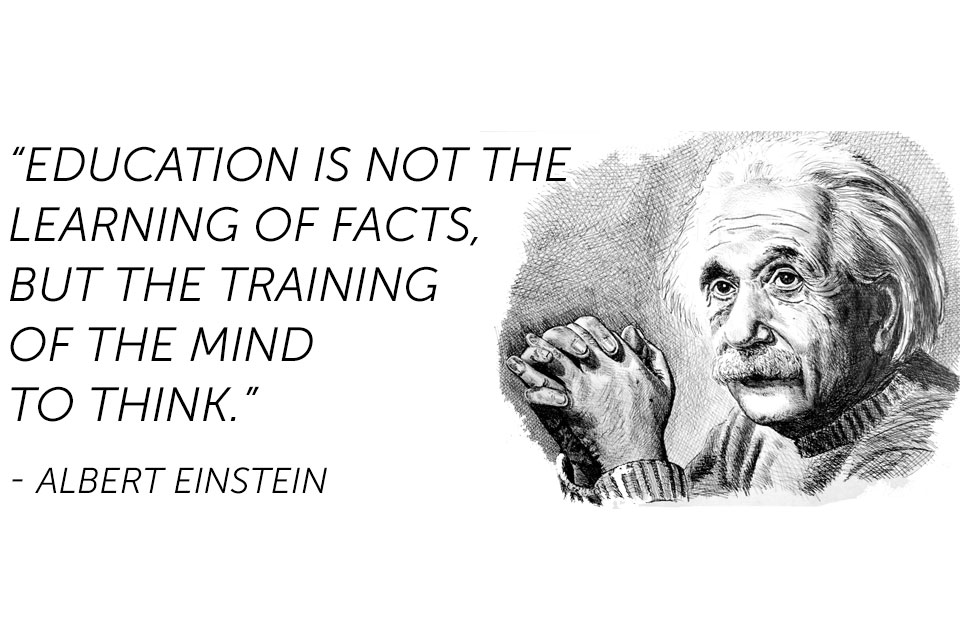There are so many challenging approaches to consider when we are thinking about education. For student-centered learning approaches the needs to be innovative, creative, critical thinkers, designers, deep learners, reaching personalized learning, empathy, and many important skills are required. There are many views and experiences that educators, parents, and administrators face reaching these approaches.
How do we facilitate these purposes? How do we get students to experience these purposes?
I am by all means not an expert and my learning continues to be enriched from my students, my colleagues at school at the board, from the community whom I learn with and of course online learning. Every day is unique for me and my students as we reflect, refocus, rethink, retry and unlearn to relearn.
My years of teaching experiences locally, nationally and internationally have guided me in making connections about the process of risk taking and learning with the students.
Many unpublished posts since September and spending October learning with many educators from the Makers Faire, EdInnovation, Ontario Makers and Mentors Innovation, many questions from participants and daily experiences with my students have energized me to write this post.
Every day is filled with unique challenges and these challenges drive our learning and our students’ learning experiences.
This year is a different experience for me. In previous years I have taught students for two or three consecutive years. Meeting my new experts this year and working together to learn compassion empathy and valuing thinking have been unique daily experiences. Learning is a process and we all know that it is not linear and it loops with many challenges that make us reflective researchers and learners.
I am following an advice from a friend by keeping my posts brief. I just captured few slides that highlight the beginning of the year from 3 different thinking processes that I shared during EdInnovation Oct 22nd and 23rd.
The year begins by building a culture of reflectors, collaborative communicators, critical thinkers, creative learners whom together identify their intrapersonal character to connect a community of respect for themselves and others through interpersonal values of ideas.
This is important because our brains are always set in making judgements based on assumptions and predictions than unpacking the purpose and retrying with the focus on the mindset. This is the learning through habits by recognising the unlearning. It is a shift of mindset that requires for students to build new skills, to value and understand the learning process based on their individual needs.
It is a process of ongoing long-term goals of discomfort for learning growth. The students to become more comfortable with risk taking and tensions during learning. Being aware that habits of an unlearning are very important to explore and reflect upon in order to pursue the innovator's growth mindset by celebrating successes from failures. Basically, it is to continuously take the time, to improve through risk taking, reflect and identify the unlearning, recognise and determine the effort of the unlearning for a growth of learning.
This growth also affects the classroom community culture and opens up students' minds by refocusing, reflecting and identifying their individual growth. The insecurities and the overwhelming become part of our classroom valuable culture of empathising with each other as we all recognise individual risks. It is a long process to allow this mindset!
A growth mindset is more than just positive conversations; it is identifying the habits and developing a critical mindset of skills to unlearn for deeper learning. It is giving students the skills to develop their learning. Giving them a voice to unpack their learning and become confident reflectors.
“Teach students how to solve any problem, a general problem-solving approach. And teach them to do it in a community.” "That’s what’s really going to serve them as they go through life." Alan November
All students are capable of thinking and learning. We need to encourage the students to achieve a culture that learning is thinking, valuing others ideas, recognising tensions, risk taking and pausing to reflect and make habits of recognising the unlearning for relearning or learning.
Have you risked the unlearning with your students? What unlearning have you done as an educator to achieve learning with your students? Every child is a learner, am I giving them the time to discover and reflect on their learning? Every day is unique, what matters is, how are we recognising the uniqueness of changing our thinking and mindset? How students are recognising their mindsets in learning situations?
